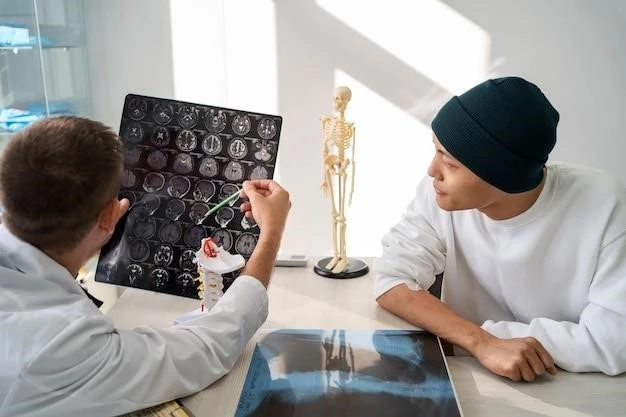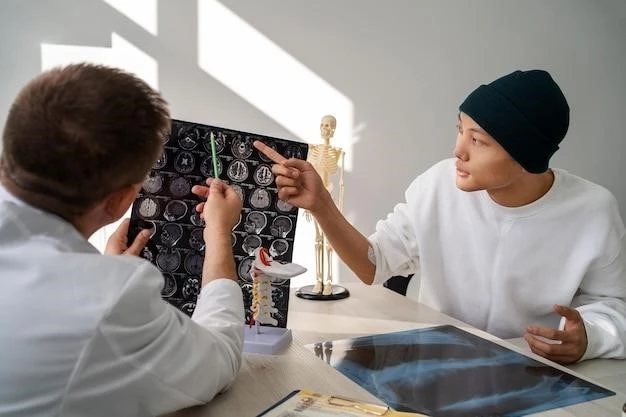Causes of Corpus Callosum Dysgenesis
Corpus Callosum Dysgenesis can be caused by genetic mutations, chromosomal abnormalities, environmental factors during pregnancy, and certain syndromes.

Symptoms and Diagnosis of Corpus Callosum Dysgenesis
Common symptoms of corpus callosum dysgenesis include developmental delays, intellectual disabilities, seizures, and behavioral issues. Diagnosis involves imaging tests like MRI or CT scans, along with genetic testing to identify underlying causes.
Individuals with this condition may exhibit poor coordination, speech delays, and vision problems. Diagnosis is crucial for creating a comprehensive treatment plan and providing appropriate support.
Additional symptoms can vary based on the severity of the dysgenesis and may include social difficulties, sensory processing issues, and challenges with problem-solving. Early detection and intervention play a key role in managing symptoms and improving long-term outcomes.
Treatment Options for Corpus Callosum Dysgenesis
Treatment for corpus callosum dysgenesis is focused on managing symptoms and supporting overall development. Early intervention programs, speech therapy, occupational therapy, and physical therapy can help address various challenges individuals may face.
Special education services and individualized education plans (IEPs) are often beneficial in providing structured learning environments tailored to the individual’s needs. Behavioral therapy may assist in addressing emotional and behavioral issues.
Medications may be prescribed to manage symptoms such as seizures or mood disorders. Regular monitoring by a multidisciplinary team of healthcare providers, including neurologists, geneticists, psychologists, and therapists, is essential in providing comprehensive care.
Families and caregivers play a vital role in the treatment process by offering consistent support, advocating for necessary services, and fostering a nurturing environment that promotes the individual’s well-being and development.
Prognosis and Long-Term Outlook for Corpus Callosum Dysgenesis
The prognosis for individuals with corpus callosum dysgenesis varies depending on the severity of the condition and associated symptoms. While some individuals may have mild challenges and lead relatively independent lives, others may require ongoing support and assistance.
Early intervention and access to appropriate therapies can significantly improve the long-term outlook for individuals with this condition. Ongoing monitoring and adjustments to treatment plans as needed are essential to address evolving needs.
Support from healthcare professionals, educators, therapists, and support groups can enhance the quality of life for individuals with corpus callosum dysgenesis. By focusing on individual strengths and providing tailored interventions, individuals can achieve their full potential and thrive in various aspects of life.
Long-term outlooks are best when there is a collaborative approach to care involving medical professionals, therapists, educators, and families working together to support the individual’s development and well-being throughout their lifespan.
Research Advances in Corpus Callosum Dysgenesis
Ongoing research into corpus callosum dysgenesis focuses on understanding the underlying genetic mechanisms, identifying novel treatment approaches, and improving diagnostic techniques. Advances in genetic testing have facilitated the identification of specific gene mutations associated with this condition.
Researchers are exploring potential therapies, including targeted medications to address neurological symptoms and cognitive interventions to support learning and development. Additionally, studies are investigating the impact of early intervention programs on long-term outcomes for individuals with corpus callosum dysgenesis.
Collaborative efforts among scientists, clinicians, and advocacy groups are essential in advancing knowledge about this condition and enhancing the quality of care provided to affected individuals. By sharing research findings and best practices, the medical community can continue to improve treatment options and support services for individuals with corpus callosum dysgenesis.
Through ongoing research initiatives, there is hope for further breakthroughs in understanding the complexities of corpus callosum dysgenesis and developing innovative strategies to optimize outcomes and quality of life for those affected.
